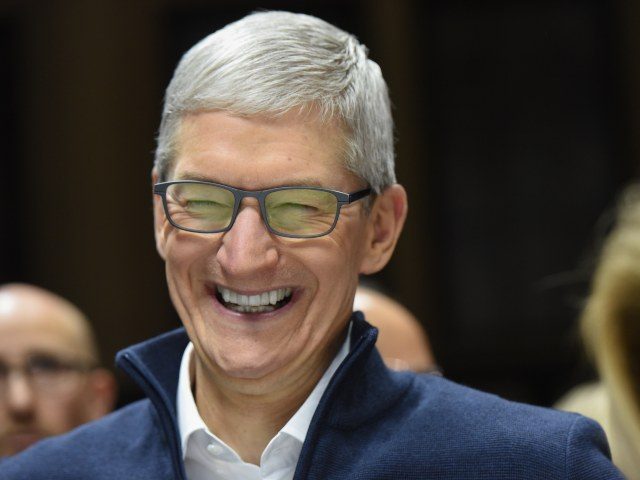A key point of contention for Apple in recent months has been pressure on the company to allow users to “sideload” apps onto their iOS devices, a process that completely avoids the Apple App Store, which the company continues to argue is both unsafe and unfair to users. Incredibly, the company claims that the freedom to choose different methods of loading apps “eliminates choice” for the consumer.
iMore.com reports that Apple’s head of user privacy, Erik Neuenschwander, recently told Fast Company that not only would sideloading open up iOS users to security threats but it would eliminate user choice between platforms like iOS and Android.
In the interview, Neuenschwander stated: “Sideloading in this case is actually eliminating choice. Users who want that direct access to applications without any kind of review have sideloading today on other platforms. The iOS platform is the one where users understand that they can’t be tricked or duped into some dark alley or side road where they’re going to end up with a sideloaded app, even if they didn’t intend to.”
Discussing the effect of sideloading on all iOS user, he stated: “Even users who intend—they’ve consciously thought themselves that they are only going to download apps from the App Store—well, the attackers know this, so they’re going to try to convince that user that they’re downloading an app from the App Store even when that’s not happening.”
Neuenschwander added: “Really, you have to think very creatively, very expansively as an attacker would trying to go after so many users with such rich data on their device. And so users will be attacked regardless of whether or not they intend to navigate app stores other than Apple’s.”
Apple recently shared a document on its privacy website that stated that the App Store plays an important role in keeping users safe, as Apple claims to review all apps and app updates to ensure they’re free of viruses and malware.
The document cites Nokia’s 2020 Threat Intelligence Report which found that Android devices were infected with significantly more malware than iPhones, partly due to the availability of sideloading apps.
A study found that devices that run on Android had 15 times more infections from malicious software than iPhone, with a key reason being that Android apps “can be downloaded from just about anywhere,” while everyday iPhone users can only download apps from one source: the App Store.
Apple stated that sideloading on iPhone would “spur a flood of new investment into attacks” on the iOS platform:
Because of the large size of the iPhone user base and the sensitive data stored on their phones – photos, location data, health and financial information – allowing sideloading would spur a flood of new investment into attacks on the platform. Malicious actors would take advantage of the opportunity by devoting more resources to develop sophisticated attacks targeting iOS users, thereby expanding the set of weaponized exploits and attacks – often referred to as a “threat model” – that all users need to be safeguarded against. This increased risk of malware attacks puts all users at greater risk, even those who only download apps from the App Store.
Breitbart News recently reported that the iOS app developer Kosta Eleftheriou, who has previously called out Apple for its failure to properly police its app store and the prevalence of scam app across the platform, filed a lawsuit against the hardware giant in California. Eleftheriou is accusing the company of exploiting its monopoly power over iOS apps “to make billions of dollars in profits at the expense of small application developers and consumers.”
Read more at Breitbart News here.
Lucas Nolan is a reporter for Breitbart News covering issues of free speech and online censorship. Follow him on Twitter @LucasNolan or contact via secure email at the address lucasnolan@protonmail.com

COMMENTS
Please let us know if you're having issues with commenting.